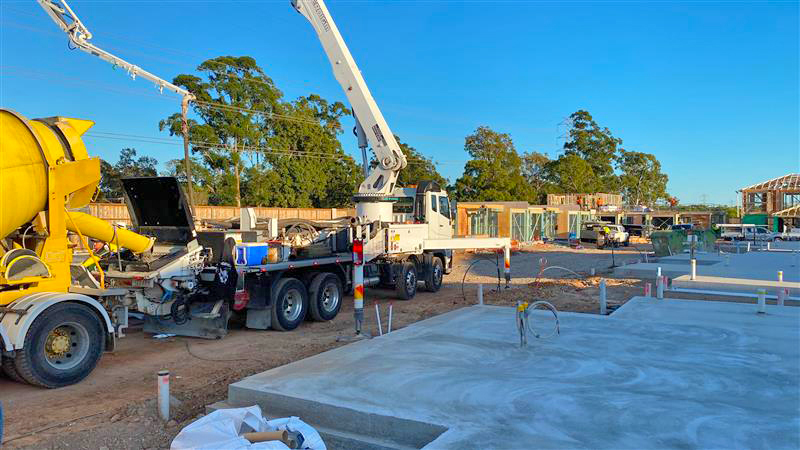Australia’s construction sector is facing crisis as builders struggle with surging costs for raw materials, worker shortages, supply chain delays, major weather events and looming interest rate rises. The chaos is also hitting consumers, who are facing long building delays and unexpected cost blowouts.
Westpac chief economist Bill Evans warned Australia would be building “a lot less” in a year. He said “a very major correction” was already under way, unwinding the huge demand surge linked to federal pandemic stimulus measures, such as the federal HomeBuilder scheme.
Federal Housing Minister Michael Sukkar said the government acknowledged the pressure on the industry and the lengthy construction delays being faced by homebuyers.
“The COVID pandemic, continued global lockdowns and the conflict in Ukraine have created supply chain issues, with these global pressures impacting the construction industry in particular,” Sukkar said.
“We also know that these global supply chain issues are resulting in many homebuyers experiencing delays in the construction of their new homes. The government will work closely with the industry to help ensure that builders remain on sites, supplies are delivered, and houses continue to be built.”
Labor’s housing spokesman Jason Clare said the situation facing the building industry was “very serious”, with Metricon not the only builder facing input cost and supply chain chaos.
“We’ve seen, over the course of the last few months, a stabilisation in material costs,” Clare told ABC radio. “But what’s getting worse, what’s really biting for companies like Metricon and others at the moment, is the area of skill shortages, whether it’s skilled workers on site or whether it’s labourers.”
Hermitage Homes and Kingsbridge Homes director John Goris, who oversees the construction of about 500 homes a year, said supply chain and labour shortages were adding months to the building process.
“From the receptionist all the way to the supervisor and even at my level, [there’s a large] amount of additional communications with clients and rescheduling with suppliers and trades,” Goris said.
“Because of delays you need to reschedule a job three or four times more than normal because every little cost centre and step along the way has been delayed.”
Master Builders has warned 98 per cent of its members have had their profits squeezed or are losing money, as the price of timber, steel, concrete and other construction materials soared, and deliveries are being delayed for up to six months.
But the chaos facing the sector is yet to trigger a large surge in the number of builders going broke, with 343 construction business insolvencies recorded in March this year, down from a peak of 546 two years earlier.


